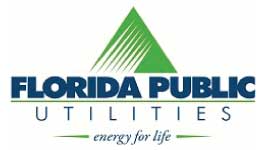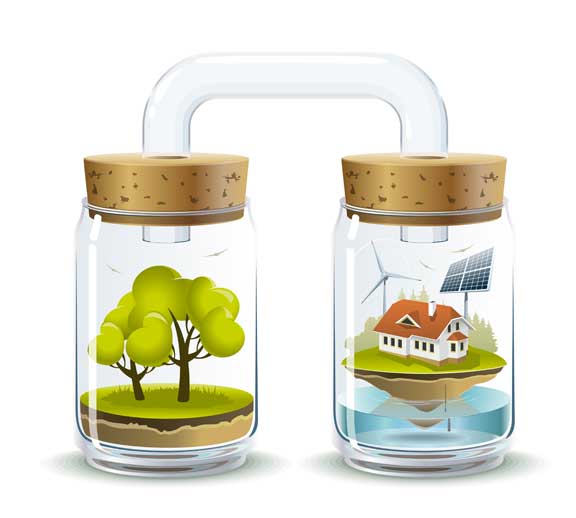The second definition of integrity is, “The state of being whole or undivided.” That definition can be applied to many areas, but I like to apply it to energy use. This concept is extremely helpful to people to understand how best to conserve energy. Let me explain the concept.
To be whole or undivided in this case means the weather conditions, lighting conditions, temperature, humidity and water temperature that naturally occur outside your home are identical to what is happening inside your home. When inside your home is the same as outside your home, you have zero energy costs because there is “energy integrity.”
Whenever we decide to change the conditions inside by cooling the air or heating the water or having better lighting, it requires that we add energy to make those changes. The greater the difference the more the cost, so when we desire 70 degrees inside when it is 95 degrees outside, our electric bill will cost us
more than when it is 85 degrees outside and we desire 78 degrees inside.
Engineers and energy people can actually calculate exactly how much energy is supplied to raise your water temperature from 70 degrees to 120 degrees or to lower your homes temperature 15 degrees. The main thing for the average homeowner to know is that the greater the gap the greater the cost. The more you and I narrow the gap, the less our energy costs will be.
Here are a couple simple things to do that will help you. Get a cooking thermometer, and check your hot water temperature at any faucet. If it is above 120 degrees, turn the dial on your water heater down to the setting that is highlighted. Use ceiling fans while rooms are occupied so that you can bump your thermostat setting up to 78 degrees. Each degree warmer that you set your thermostat during the cooling season will save you 4-7% on cooling costs. Limit how many lights you have on by remembering this simple energy integrity lesson. The more you reduce the gap between the conditions inside your home and the conditions outside your home, the lower your costs.
 Scott Ranck is the Conservation Program Coordinator & Energy Specialist for Florida Public Utilities. Feel free to e-mail any energy-related questions or comments to Scott at sranck@fpuc.com.
Scott Ranck is the Conservation Program Coordinator & Energy Specialist for Florida Public Utilities. Feel free to e-mail any energy-related questions or comments to Scott at sranck@fpuc.com.


